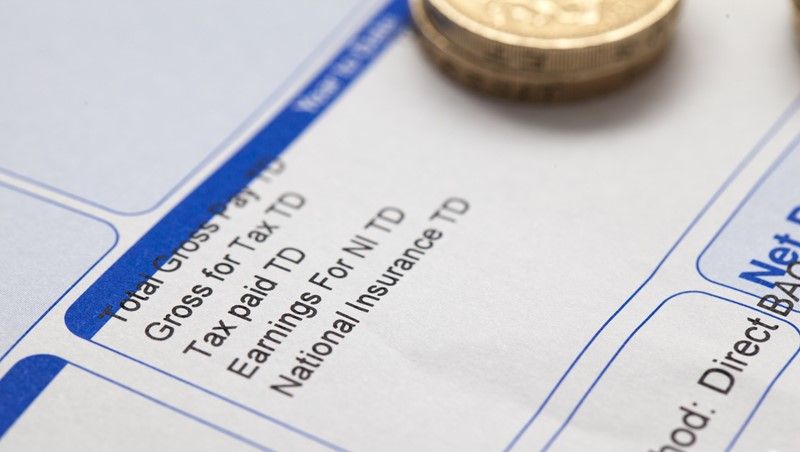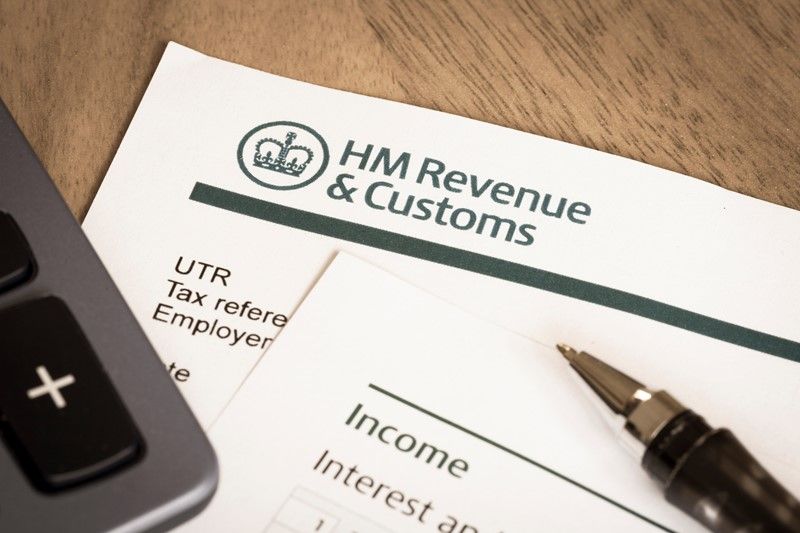The importance of discretion – don’t send inappropriate messages during working hours!
An Employment Tribunal confirmed that using an employer's preferred method of communicating with employees to send offensive messages can serve as a ground for dismissal. A claimant was employed from September 2017 as a graduate trainee and then as a software developer until April 2021, at which juncture he was dismissed for gross misconduct. He subsequently brought three grievances during his employment, all of which were dismissed. The issue surrounded ‘Slack’ messages between the claimant and two colleagues sent during working hours using the respondent's systems. The claimant was suspended on 8 January 2021 while still on sick leave, pending a disciplinary investigation.
In a letter dated 15 January 2021, the claimant was invited to a disciplinary hearing. Attached to the letter was a five-page summary of comments alleging inappropriate and offensive language. Despite not attending the disciplinary hearing, the claimant shared his mitigating circumstances on 24 February 2021 and refused to disclose a copy of the Occupational Psychologist's report outlining his disabilities. The Tribunal concurred that Risby had been correctly applied and that the dismissal was a proportionate response to certain of the respondent's legitimate aims under Section 15(1)(b) of the Equality Act 2010, given the foul and abusive nature of the language directed towards colleagues. The claimant’s medical arguments had, however, not been originally submitted and could not then be produced on appeal to substantiate a direct link between the language itself and the disability.
This judgement is a clear warning that any abuse directed towards colleagues made during working hours using the employer’s preferred communication system can be considered misconduct and result in dismissal. All employees should be cautioned that any miscommunications on work messaging systems are thus potential grounds for dismissal and, while extreme disabilities or mental health conditions might serve as mitigating factors, any claimant will need robust medical evidence to support such a defence.




